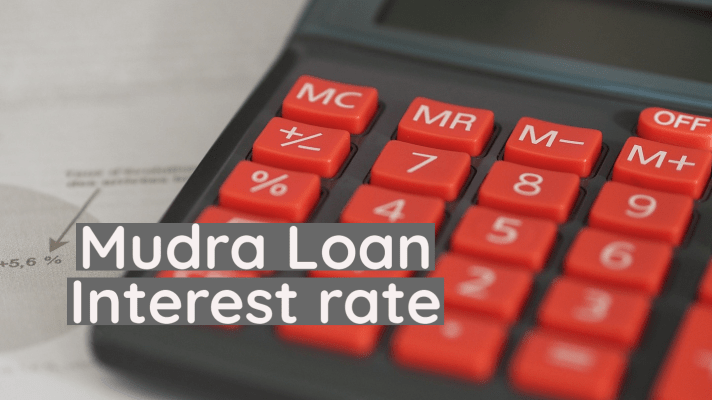Mutual Fund is an investment scheme where, it collects money from a large number of investors having a common investment goal and invests in securities like- bonds, stocks or short-term money market instruments. This funds are professionally managed and are well diversified to offset any potential loses. Systematic Investments through mutual funds instill a habit of investing on a regular basis leading to long-term wealth creation.
Mutual Fund also has the benefit of the choice of risk for the investors. High, medium, low risk funds are the investment options depending on the risk taking ability of the investors. Investment in this fund can redeem at any given time. Diversification in asset allocation without investing a lump-sum amount in individual portfolio is possible only in Mutual Fund.
Though Mutual Funds are flexible and well-regulated, the difficult part is to make investment decision in selecting the appropriate mutual fund scheme. The most repeated mistake is that the investors select a mutual fund solely on the recent performances. They fail to give importance to- downside risk, charges, consistency of performance etc.
To choose the right Mutual fund among a variety of them, investors need to analyze their- investment goal, level of risk appetite for their investment plan and investment time horizon.
Selecting the appropriate Mutual Fund involves-
- You need to choose the fund category from equity, debt or hybrid fund based on the investment objective.
- You can select the right fund scheme based on- scheme size, expense ratio of the scheme, consistent past performance of the scheme, comparison with peer set of schemes and benchmark etc.
- If you are an aggressive investor( high risk taker), you will invest in small-cap and mid-cap schemes.
- If you are a conservative investor, you will invest in large-cap or balanced equity-oriented fund schemes.
- If you are a moderate investor, you will invest in multi-cap or large-cap schemes.
Here, are some of the steps to choose the appropriate Mutual Fund.
- Consisting Performance- For mutual fund analysis, you need to check the long-term performance of the schemes for last 3-5 years, to determine whether it is consistent or fluctuating. To figure out the performance, you will have to check the quartile ranking. In quarti;e ranking, each quartile consists of 25% of peer group scheme. If your scheme goes below 3rd quartile in few of the consecutive quarters, then you should exit the scheme.
- Expense Ratio- A very important parameter in choosing a scheme is the Expense Ratio, which is eats up the returns from the scheme. As per industry experts, schemes having expense ratios of 1.5% are considered fine. Expense ratio includes fund management and distribution related expenses. So, high expense ratio will affect the fund’s return.
- Experience of Fund Management Team- As mutual fund is managed by fund manager. So, performance history of fund manager is extremely important. You can check the fund manager’s performance by analyzing the alpha and quarter to quarter performance. The best case is, firm that is founded on one or more strong portfolio managers who have built a team of talented and disciplined individuals around them who are slowly moving into the day-to-day responsibilities, ensuring a smooth transition.
- Risk and Return- Investing in mutual funds yields returns which involves a certain degree of risk. Calculated risk ensures maximized returns from the scheme. Along with the ratio and return ratios, Alpha of a fund must be checked. Alpha is the extra or less the fund manager generates out of a given portfolio in comparison to benchmark. Positive alpha for a consistent time-period ensures a good performance of the fund.
- Investment Goal- Identifying the investment goal of the investors is very important. Investment ranges from short-long-medium term. So,the investment must be in accordance with the tenure of the goal, which decides the type of fund scheme. If you want to invest for shorter tenure, then debt fund is the bets pick. For, long-tenure investors, equity fund scheme is well suited. For medium-term investors, balanced fund with both equity and debt fund fund is a grreat choice.
- Exit Load- For an early withdrawn from the fund scheme, before the maturity period, you need to pay an exit load. In case of emergency, you can withdraw the mutual fund schemes to gain liquidity of assets. So, it is very important to check the exit load. So, it is advisable to choose a scheme with minimal exit load rather than high exit load.
- Asset Under Management- Net asset of any fund scheme gives confidence in the investor to invest in the fund scheme. This confidence builds up with time, as the performance of the fund scheme in accordance with the market conditions, is tested with time. The flagship fund schemes with high asset under management are generally managed by the experienced fund managers.














